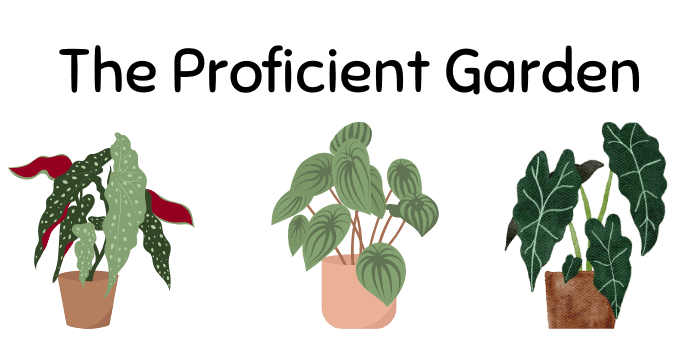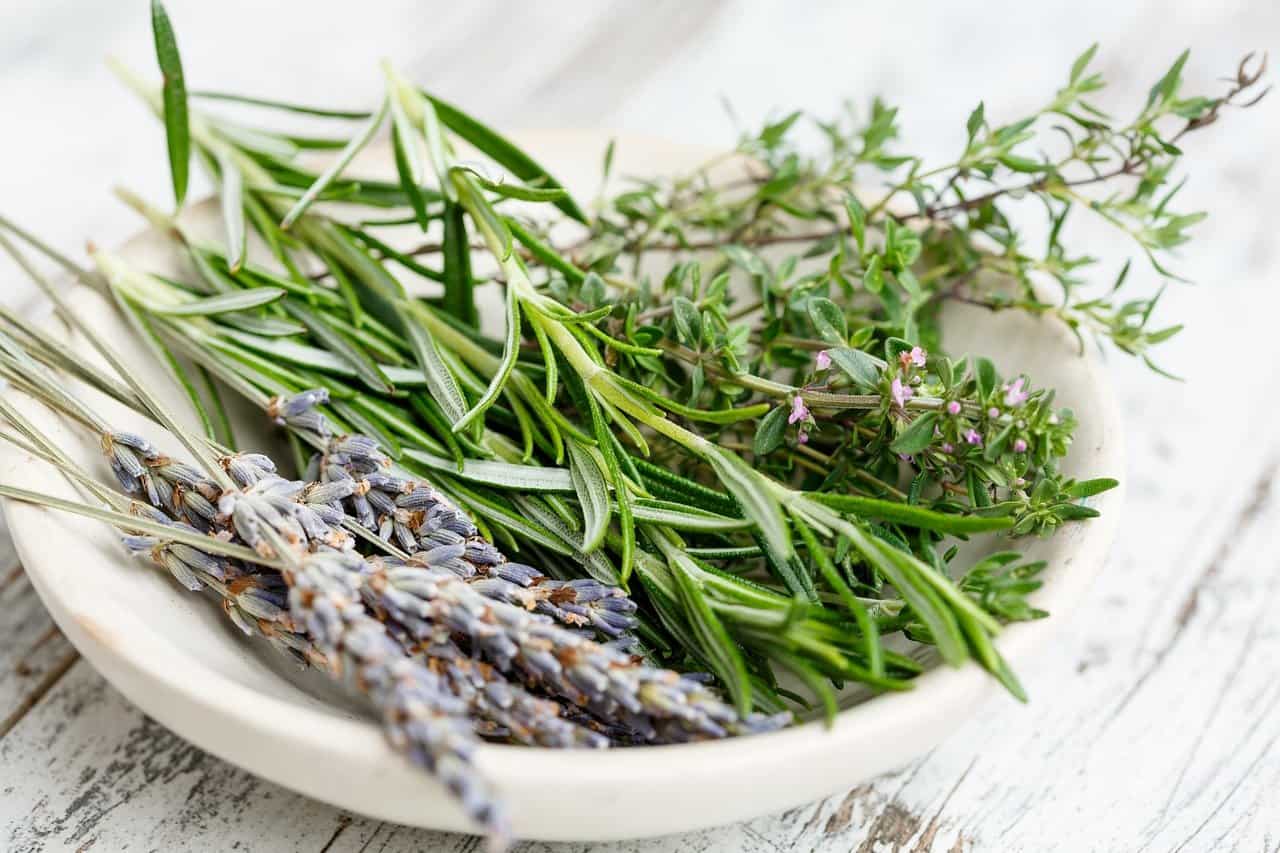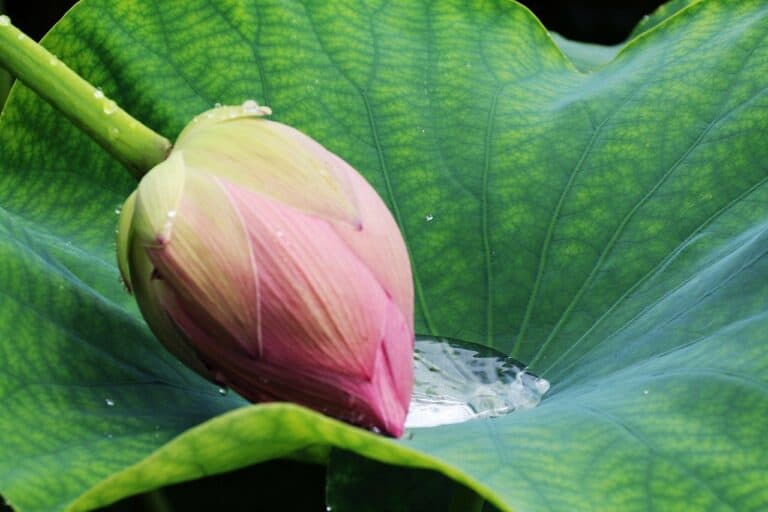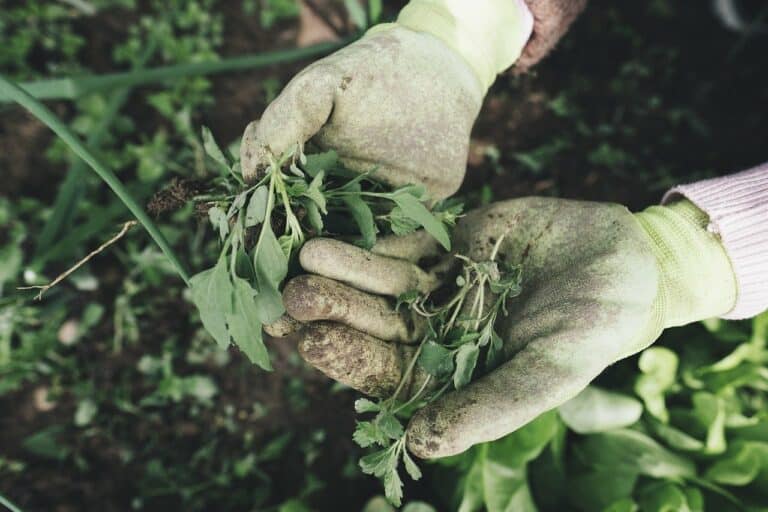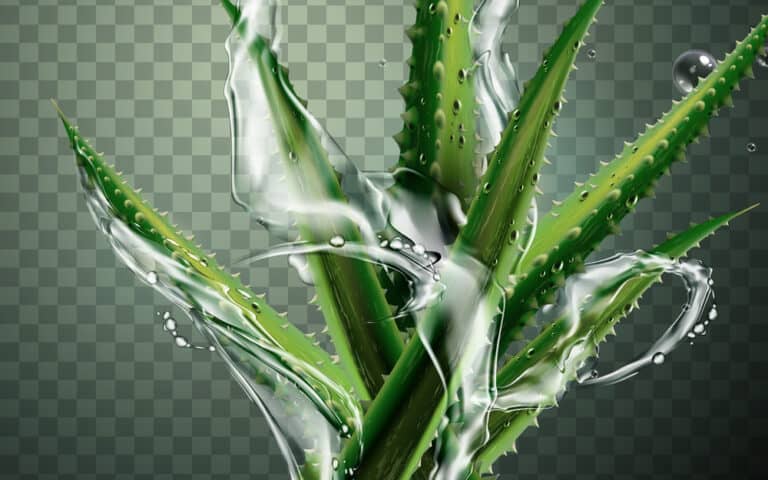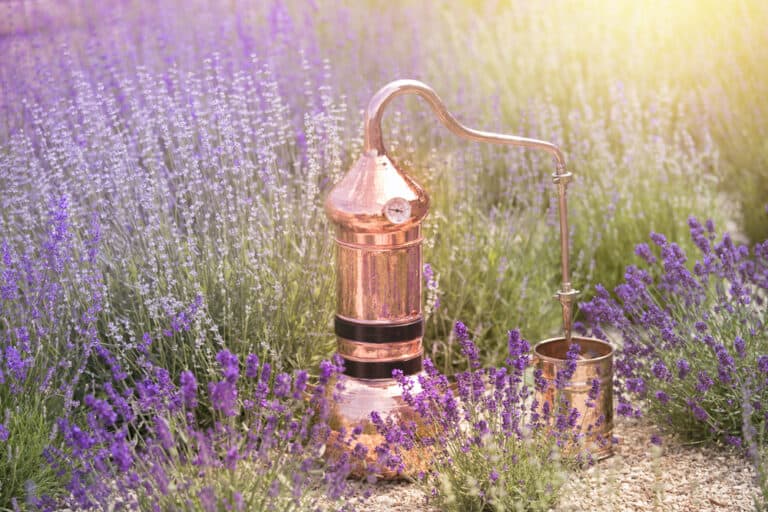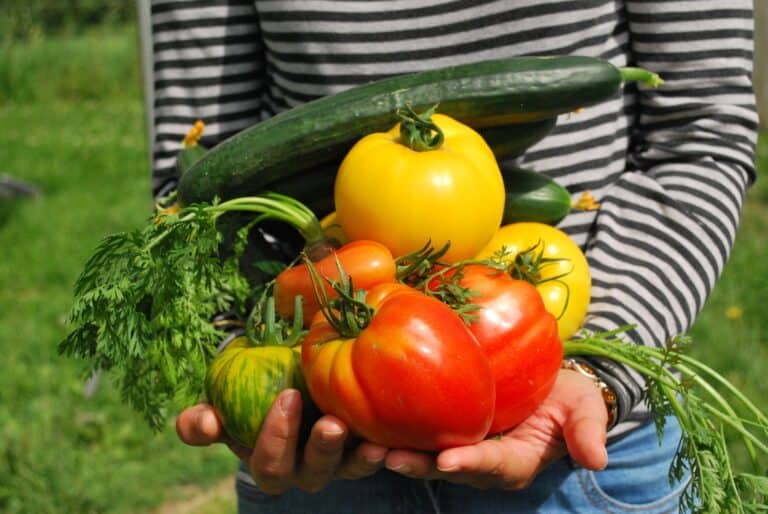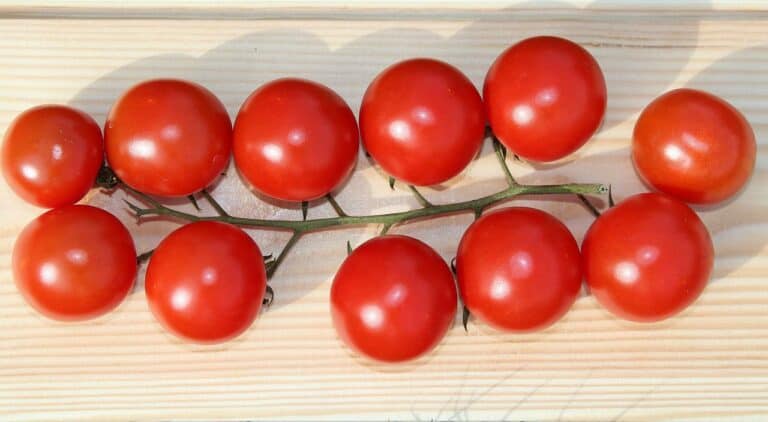What is an Herb? Herbs are plants that are beneficial to humans. An herb, which is not the same as a vegetable or a fruit, is something we value for various reasons.
What is an Herb?
What is an Herb? Herbs are plants that are beneficial to humans. An herb, which is not the same as a vegetable or a fruit, is something we value for various reasons.
An herb’s flavor, scent, medicinal properties, or use as an insecticide can all benefit us. Furthermore, some herbs are used to color dyes or for industrial purposes.
Herbs have been used in teas and balms for thousands of years to treat physical ailments like upset stomachs and stress-induced illness. Herbs are beneficial to humans, but they are also visually appealing.
Gardeners use them as landscaping borders, along walkways, and mixed with flowers and shrubs. Cooks use them for the distinct flavors they impart to food. Spices are plants from tropical regions used in many of the same ways as herbal plants. However, spices are more challenging to cultivate.
On the other hand, Herbs can thrive almost anywhere there is a growing season. Therefore, herbs are classified as annuals (plants that live for one season), biennials (plants that live for two seasons), or perennials (plants that live for three seasons) (plants that come back year after year).
What exactly is a herb garden? An herb garden is a garden that is solely dedicated to growing herbs, oregano for example. An herb garden is a beautiful and relaxing place where you can find plants beneficial to your enjoyment of life.
An herb garden can be any size or shape, and it can contain a variety of herbs or only a few. An herb garden can take up an entire yard or be as small as a window box container. Herb gardens can be grown indoors on a sunny windowsill or outside in the open air.
Herb gardens can also be incorporated into vegetable gardens, landscape shrubbery, or mixed in with flowers.
How to Grow Your Herbs
If you are not the type of person who enjoys managing others, You might consider planting and maintaining a large fruit or vegetable garden. preserving a herb garden While the product may not appear to be as Despite this, you will continue to benefit from the constant availability of fresh, delicious herbs for flavoring your meals
To begin, select the herbs that will be growing. Although you could have a wide variety of herbs available, this is a difficult task. However, the best way to choose is to do what I did and simply look at what you have in your possession in the kitchen.
You can save money by planting your herb collection and saving you a great deal of money over buying them at the grocery store and having the added benefit of fresh herbs to begin with, including rosemary, sage, basil, dill, mint, chives, and parsley, oregano among others.
When deciding where to put your herb garden, keep in mind that the soil should have good drainage. If the soil is watered, you will not have a chance of ever-growing a healthy plant if the ground remains completely saturated.
Digging a foot hole deep in the soil and laying down a layer of crushed rocks before replacing all of the dirt is one of the best ways to solve the drainage problem; this will allow all water to escape.
You may be tempted to buy some of the store’s more expensive plants; however, it is much more complex.
Herbs are more accessible to grow from seed than other plants. As a result, you can save a lot of money by sticking with seed packets. Furthermore, some herbs grow at an alarmingly fast rate.
For example, if you plant a mint in an open area, it will quickly take over your entire garden. The best way to avoid this issue is to grow the more aggressive plants in pots (with holes in the bottom to allow drainage, of course).
When the time comes to harvest the herbs you’ve worked so hard to cultivate, remember that too much pruning can be harmful to your plant, especially if your plant is not doing well or well established.
It is not healthy to take any leaves, and you should wait at least several months after your plant has become well established before removing any leaves. This wait will be worthwhile because your plant will remain healthy for years to come if it continues to grow unabated.
You’ll want to use your delicious homegrown herbs after you’ve harvested them; the feeling derived from cooking with your herbs is something hard to describe, so fulfilling, so the question is, why else would you have cultivated them?
A few tips on how to handle them – First and foremost, the process starts with drying them out. This is easily accomplished by placing them on a cookie sheet and baking for 2 to 4 hours at 170 degrees Fahrenheit.
After they’ve dried sufficiently then, you are ready to fire up your best and favorite recipes; consult your favorite cookbook for instructions on how to flavor a dish with them effectively.
If you want to keep your herbs for later use, keep them in a container made of plastic or glass; remember that paper or cardboard will not work because they are too thin and will take on the flavor of the herbs
During the first few days of storage, you should check the container regularly to see if any moisture has accumulated. You will need to remove all the herbs and re-dry them if it has. If water remains from the initial drying process, it will promote mildew growth while storing your flavorings. Nobody enjoys mildew.
So, if you like herbs, gardening, or both, you should most definitely try it. Consider establishing a herb garden.
Planning An Herb Garden For Your Backyard
We all know how hard it is to keep an herb garden. They are beautiful plants, but they also require a lot of care. The best way to learn about the requirements of your herbs is to purchase and read a book about gardening before you plant anything. Many books are available that will teach you all you need to know about herb gardens. However, even if you decide to start planting right away, you still need to learn many things.
One of the best ways to learn is to visit your local garden center. This is especially helpful if you are new to herb gardening. Before planting them, you can see and touch all of your herb garden options. Once you have decided what you want to plant, you can then ask questions at the store to make sure you get exactly what you are looking for.
You will need to plan your herb garden before you ever plant anything. What kind of herbs will you be growing? If you are growing herbs for cooking, you will need to grow those with very mild flavors. If you consider using your herbs as medicine, you will pick more robust herbs for your medicinal needs. Once you have decided on the type of herbs you will grow, you can begin planning your garden.
You will need to decide if you will use a raised bed or a pot. Raised beds are great for growing herbs because they are portable. You can move them around on your patio if you need to use your herb garden quickly. On the other hand, pots will allow you to have consistent soil and an herb garden inside your home.
While visiting your garden center, you can also ask to see all of your herb choices. Some people may not have the herbs that you are interested in buying. This is a great way to get ideas for your future garden plans.
Once you have decided on the herbs that you will use, it is time to place them in containers. Do not forget to put the container in a sunny area. You will need to water your herbs each day until they bloom. You will have to buy seeds for each herb to get the plants started. It is essential to follow the directions carefully when growing any type of herb garden.
